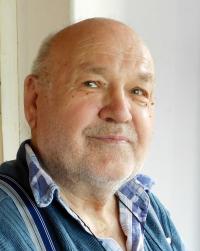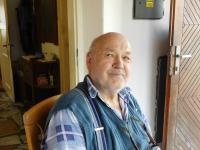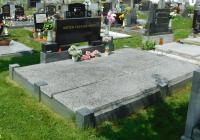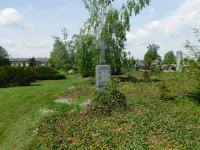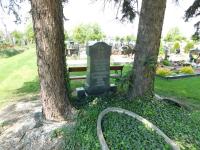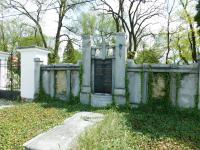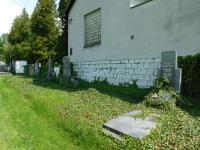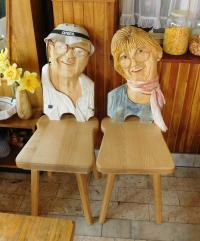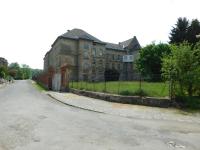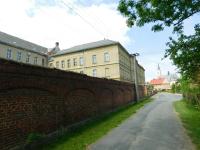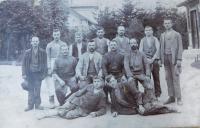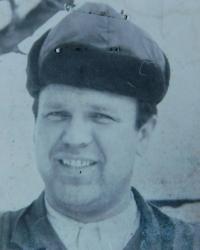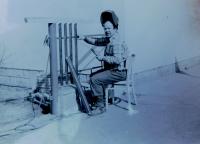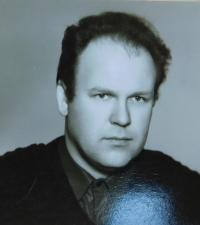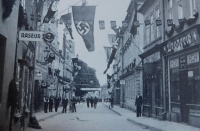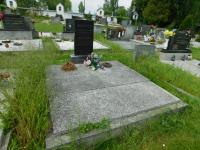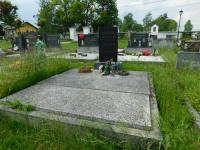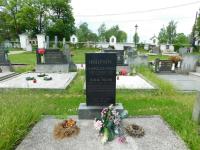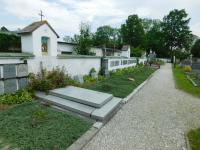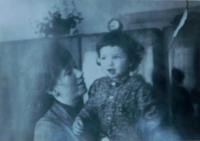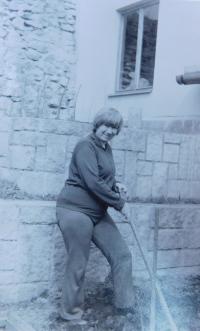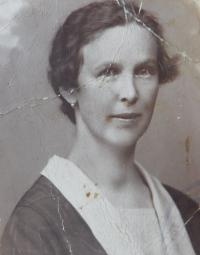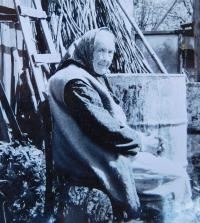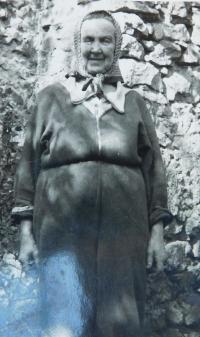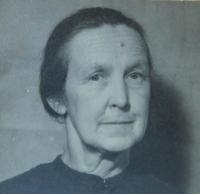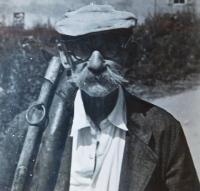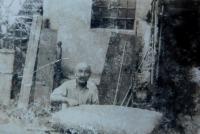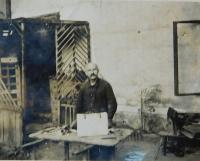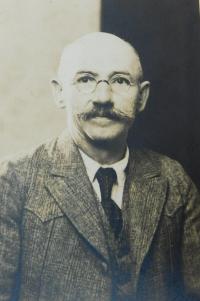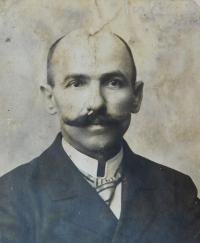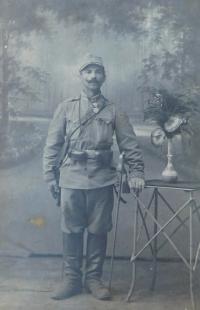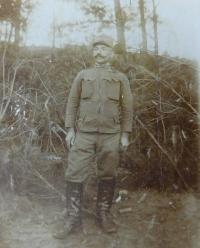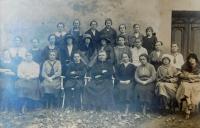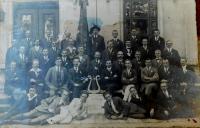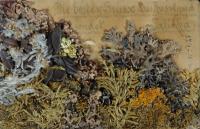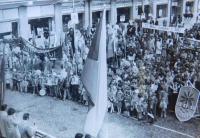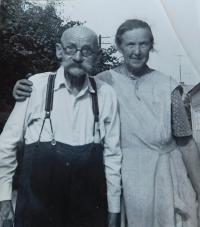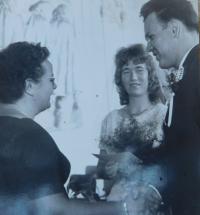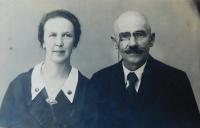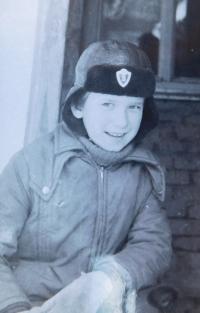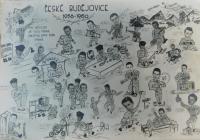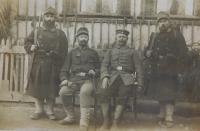In the land everyone forgot about

Stáhnout obrázek
František Palička was born on 23rd April, 1939 in Vidnava (German Weidenau) as the only child of the parents František and Ida Palička. While his father had Czech anscients, his mother was of German origin. His father was one of only few Czechs, who remained in Vidnava, which following the Munich agreement was already a part of the Sudeten Germany. He ran a saddlery trade and although he became a member of the communist party already in the 1920s he suffered no trouble. One of the first memories of František Palička regards an evacuation of civil residents of Vidnava before the coming front. Noone wanted to leave the town, so the German airplane threw several bombs in the neighbourhood to scare them away. After the war the witness experienced removal of local residents to Germany and an arrival of new inhabitants not only from Bohemia, but also other European states. From the post-war times he also remembers how they as small boys used to play in the empty buildings and also the death of his friend, Miroslav Kalabis, in whose hand a grenade exploded in the classroom. More of his memories are from the period of the communist dictatorship. He explains how he experienced abolition of local scouting organisation and also about his father being forced to cease his saddlery workshop. He also remembers order nuns interned in Vidnava. The town suffered a major blow by the removal of original inhabitants and it has been recovering until today.
